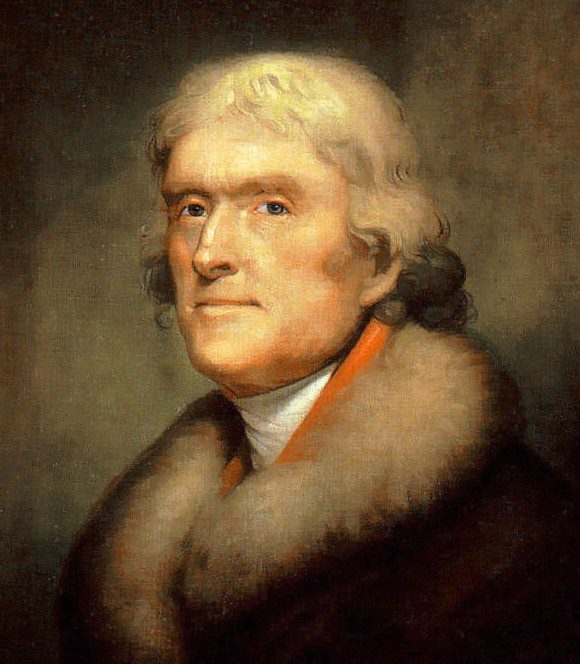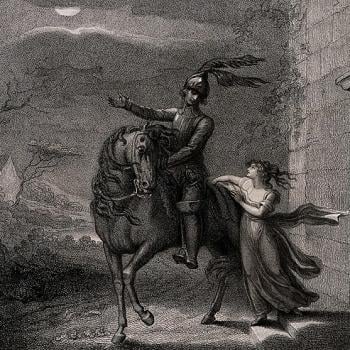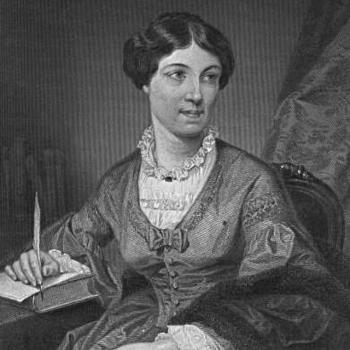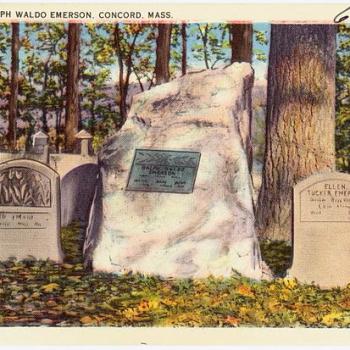Thomas Jefferson was born on this day, the 13th of April, 1743 at the family estate in Virginia.
In my circles there is an ongoing debate as to whether Thomas Jefferson was a Unitarian. Actually the short answer is simple enough. Yes. However, a slightly longer answer is yes and no.
Jefferson’s theology was a mix of deism and Unitarianism and he declared in a letter written late in life that if there were a Unitarian church in Virginia, he would be a member. That said, Jefferson had been raised an Anglican and retained a pew at his local Episcopal church to the end of his life.
He, however, rarely attended services at that church. And his writings revealed his spiritual life had journeyed far from the wisdom of Canterbury. Jefferson and John Adams, sometimes allies, sometimes enemies and by the end of their lives deepest friends, engaged each other in a delightful correspondence.
In those letters Adams and Jefferson wrote of their scorn for all things neoPlatonic, for every sort of priest craft, and, instead of their admiration for applying reason to all things, including religion, and that religious sentiments were meant to be applied in this life as ethical principles.
Jefferson’s famous cut and paste New Testament excised all references to miracles or claims to Jesus’ divinity, which he considered an affront to reason and the real world he sought to live within. His little gospel, what we call the Jefferson Bible was a quintessential example of the rational current in religion.
Personally I think his theology a blending of deism and Unitarianism, or, if we were to have that spectrum, while he declared himself Unitarian he was probably a fair bit further to the left religiously than the majority who owned the name at that time and in that place.
Of course Jefferson can’t be mentioned today without acknowledging his part in the establishment of slavery in the new republic, brought into harsh light by his personal use and abuse of slaves including most notably Sally Hemings.
And at the very same time absolutely necessary to note this along with John Kennedy’s line at that dinner honoring all those Nobel Prize winners where he opined, “I think this the most extraordinary collection of talent, of human knowledge, that has ever been gathered together at the White House, with the possible exception of when Thomas Jefferson dined alone.”
Both observations need to be held together. Both true. He was a complex man, with great gifts, and terrible, terrible flaws.
And, yes, a Unitarian. And with that, after John Adams, who left for the Revolution a Congregationalist and who returned to discover Abigail had turned him and the family Unitarian, the second Unitarian to hold the office of President of the United States. And an Episcopalian. And a deist.
Pick your poison…













